Paleontology
-
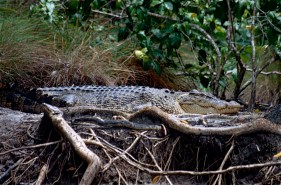 Animals
AnimalsSome crocodiles go out on, or up, a limb to hunt, keep warm
Observations of crocodiles from Australia, Africa and North America show that four species could waddle up and along branches above water. They do this to regulate their temperature and look for prey, scientists suggest.
-
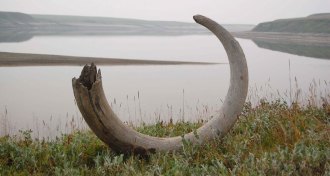 Genetics
GeneticsWhen flowers died out in Arctic, so did mammoths
Genetic analysis finds vegetation change in the Arctic around same time as megafauna extinction.
-
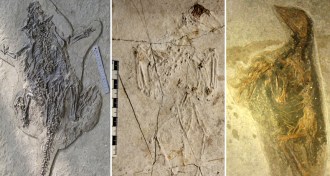 Paleontology
PaleontologyRivers of rock and gas froze ancient animals in time
Ancient Chinese fossil beds were preserved by high-speed rivers of volcanic rock and gas.
-
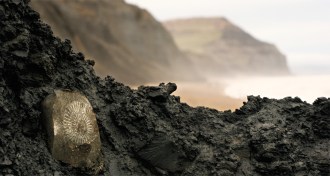 Paleontology
PaleontologyHunting fossils in England
On Monmouth Beach, just west of the center of Lyme Regis, amateur and professional collectors have been making discoveries for more than two centuries.
-
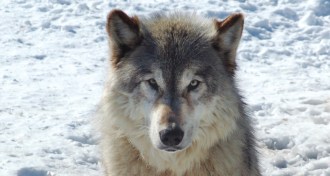 Animals
AnimalsYear in Review: Canine genealogy
Competing clues confuse the story of dog domestication.
By Meghan Rosen -
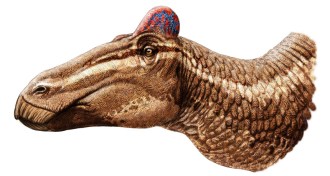 Paleontology
PaleontologyFleshy comb is first found on a dinosaur
A fossil head has both a duck bill and a soft-tissue crest, scientists suggest.
By Susan Milius -
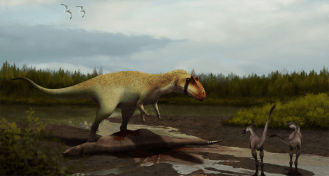 Paleontology
PaleontologyNew dinosaur species joins ranks of giant carnivores
The newly named Siats meekerorum probably roamed what is now Utah about 98 million years ago terrorizing the ancestors of T. rex.
-
 Life
LifePenguin’s flight from Antarctica clocked
A climate shift millions of years ago may have forced the birds’ ancestors to flee to warmer digs.
By Beth Mole -
 Paleontology
PaleontologyOldest bug bonk
Preserved as fossils, two insects remain caught in the act 165 million years later.
-
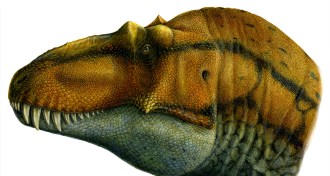 Paleontology
PaleontologyOldest known T. Rex relative found in Utah
Researchers say the animal — named the gore king of the southwest — was an early member of the tyrannosaur family.
-
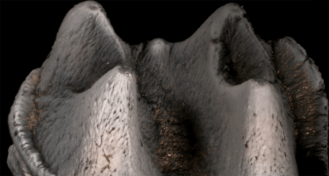 Paleontology
PaleontologyGiant platypus tooth found
A fossil molar found in Australia reveals a previously unknown extinct species of the mammal.
-
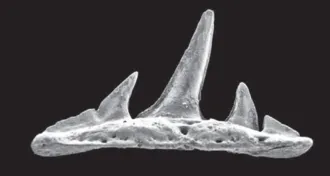 Paleontology
PaleontologyFossils suggest ancient sharks survived extinction event
Diving down deep in the ocean may have helped the fish live through the Great Dying 350 million years ago.